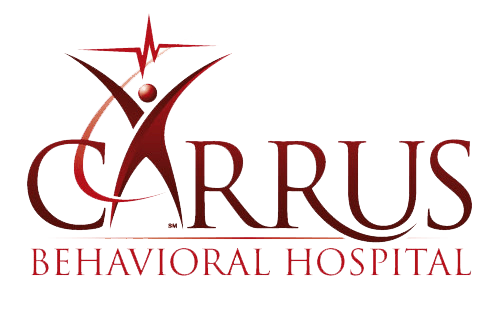
Can a crisis change a family dynamic? Many people face this question. Whether it’s the loss of a loved one, financial struggles or other life changes, crises significantly impact the well-being and functioning of a family. Many times, family therapy provides the tools needed to attain and maintain resilience within the family unit. Here is more on this important topic.
What Is Family Resilience?
Family resilience is the ability of a family to cope with stressful situations, or crises, while maintaining well-being and function. Family therapy strengthens or develops both functional and emotional resources. These resources, such as trust and good communication, help the family navigate challenges and to come out stronger, or more resilient, on the other side of them.
Family resilience is indeed a laudable goal for couples, parents and children. Also, family resilience is an area of study which covers many different fields, such as psychology, sociology, and others. Research shows that families who are more resilient tend to have better relational outcomes. They also experience fewer long-term negative repercussions from crises.
Factors Which Contribute to Family Resilience
There are several factors which contribute to a family’s resilience during difficult times. These factors include the following:
- Strong relationships, or bonds, within the family
- Open communication
- Trust
- Support–the awareness of “I am there for you no matter what.”
- Positive coping strategies
Regarding positive coping strategies, families who cope with stressors in healthy ways tend to be and become stronger in every way–mentally, emotionally and spiritually. Positive coping skills include:
- Asking family members for help when feeling sad or overwhelmed
- Turning to principles of faith to understand a problem more clearly
- Maintaining emotionally healthy relationships within the family
- Taking responsibility for actions
- Managing anger and conflict in a constructive manner
- Remaining flexible and open to change and to new ideas and perspectives
How Can Family Therapy Help During Difficult Times?
Therapy can play an important role in fostering family resilience during times of crisis. Family therapists work with couples, parents and children to identify areas of strength and weakness in how they communicate, problem solve and work together as a unit.
Through therapy, families can develop and strengthen skills such as effective communication, problem-solving techniques, and conflict resolution strategies. These tools can then be utilized during difficult times.
Additionally, therapy sessions provide a safe space for each family member. Individuals can express feelings and concerns about a crisis and its impact individually and as a family. This safe space allows for frank communication and understanding among all members, fostering closer relationships.
What Does a Family Therapy Session Look Like?
A family therapy session can take place in various settings, such as the therapist’s office. The structure, length of a session and the number of sessions varies depending on the therapist and the needs of the family.
A typical session may begin with each family member stating their current feelings and concerns. The therapist then facilitates an open discussion to explore any underlying issues within the family.
The therapist may use different techniques, such as role-playing or experiential activities, to help families understand how they interact. They may practice new ways of communicating. Family therapy sessions may involve individual or couples counseling if certain relationships within the family require more attention.
Typically, therapists assign homework for family members to do between sessions. The objective of homework is to practice desired skills. Examples of such skills are regulation of emotions or spending more time together enjoying a favorite activity. During the next session, the therapist and family members review the homework and discuss any difficulties or successes experienced.
In addition to working on communication and relationships, family therapy identifies and addresses any dysfunctional patterns or behaviors within the family system. These patterns may include unhealthy boundaries, codependency, substance abuse or mental health issues. By addressing these issues, families can break negative cycles and create more stable and supportive environments for all members.
The length of family therapy varies depending on the specific needs and goals of each family. Some families need just a few sessions to address a specific issue. Others may benefit from long-term therapy to work through deeper issues. Families must be committed to attending all scheduled sessions in order to maximize the effectiveness of therapy.
Family Therapy in Sherman, TX
At Carrus Behavioral Health Hospital, we offer both inpatient and outpatient mental health services for children ages five through 17 as well as family therapy. Our care is highly personalized, and we work with families to create treatment plans which are evidence-based and highly effective.
To learn more about family therapy and our full range of services, call us at (903) 870-2600. We are happy to get together with you to discuss your child’s needs.

